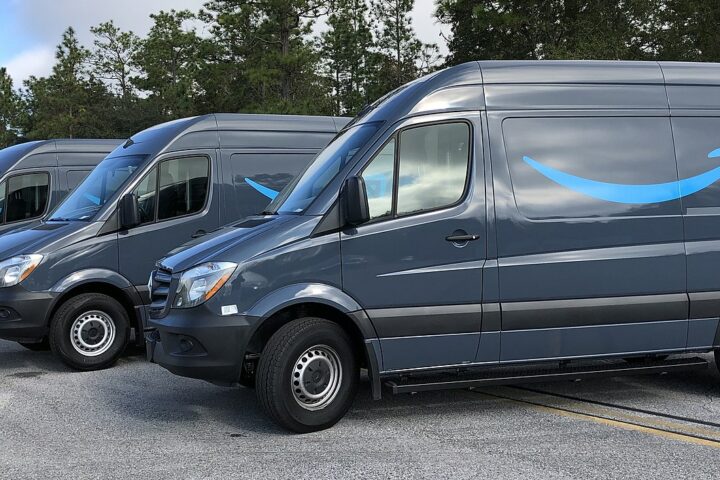The Federal Trade Commission is launching its lawsuits against Amazon. A total of 17 states are joining in the suit against the tech giant.
The FTC is arguing that Amazon is acting as a monopoly within its own platform. Through its Amazon Prime and fulfillment services, it is allegedly pressuring merchants to fully onboard within its ecosystem. The New York Times reports:
The Federal Trade Commission and 17 states sued Amazon on Tuesday, setting up a long-awaited antitrust fight with the e-commerce giant that could alter the way Americans shop for everything from toilet paper to electronics online.
The 172-page suit, the federal government’s most significant challenge to the power of the online store, accused Amazon of protecting a monopoly over swaths of online retail by squeezing merchants and favoring its own services.
The FTC is taking an unconventional approach in its argument. Rather than calling Amazon a monopoly, it is saying that its vertical integration is pushing out competitors in multiple sectors. The Guardian reports:
“The practices the FTC is challenging have helped to spur competition and innovation across the retail industry, and have produced greater selection, lower prices, and faster delivery speeds for Amazon customers and greater opportunity for the many businesses that sell in Amazon’s store,” said David Zapolsky, Amazon’s general counsel.
In the lawsuit, the FTC does not argue Amazon is a monopoly because of its size but because it uses its position as both an online seller and online marketplace to deny meaningful competition. Amazon, the 124-page complaint argues, is stifling competition by imposing anti-discounting measures that prohibit merchants who sell products on Amazon from offering lower prices elsewhere.
Tech monopoly is not generally a partisan issue. Both right and left populists have taken aim at Big Tech companies, while the corporate centrists in both parties are softer on the issue.
READ NEXT: Amazon Sued by FTC









